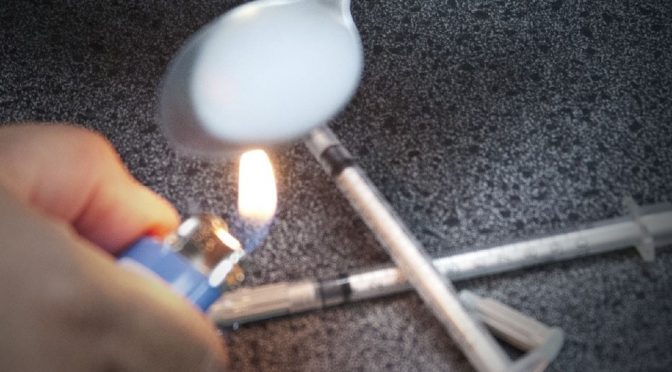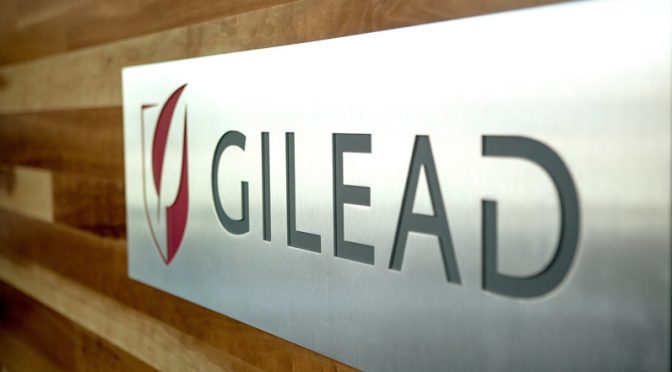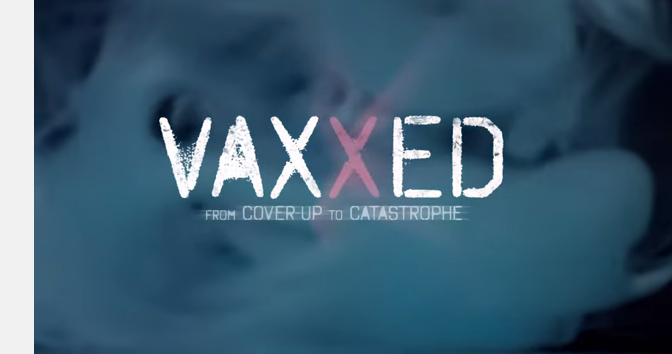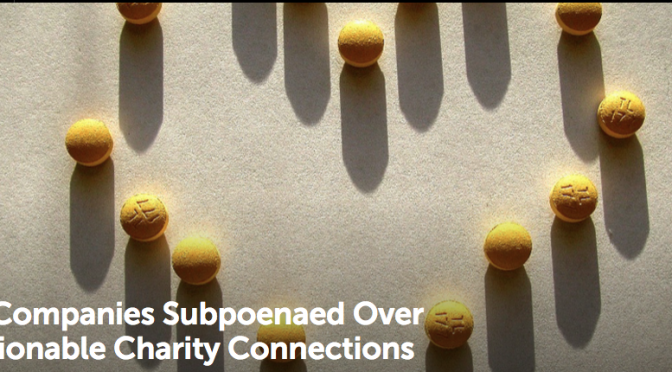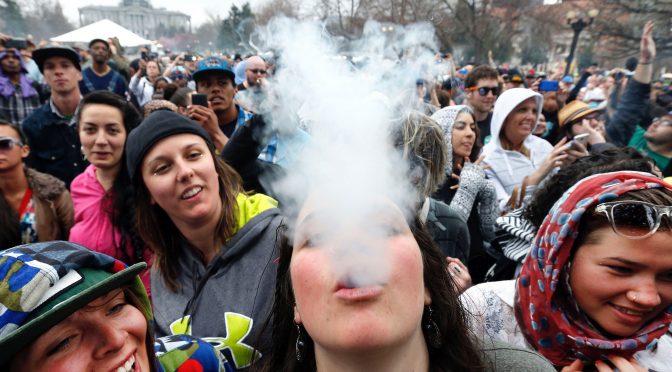Best Heroin Lawyers
Call Us @ 800-270-8184 or After Hours Cell 818-355-4076
Representing Heroin Possession cases and charges
If you have been charged with a Heroin Possession offense, you are facing serious charges and should hire a skilled Heroin Possession charge lawyer from Wise Laws, ASAP. Call today for a free legal consultation as when you have been arrested for a Heroin Possession crime, you might have many questions that need to be answered.
Charged With Heroin Possession
The crime of Heroin Possession an illegal controlled substance. The Possession of Heroin is punishable by both stated and federal laws. If a person is charged with Heroin possession, the courts will consider the amount of Heroin that you had in your hands, as the reason of Heroin possession, if you had intent to sell.
Tallahassee Heroin Lawyers – Orlando Heroin Lawyers – Dallas Heroin Lawyers – Fort Worth Heroin Lawyers – Honolulu Heroin Lawyers – Boise Heroin Lawyers – Bismarck Heroin Lawyers – Grafton Heroin Lawyers – Raleigh Heroin Lawyers – Durham Heroin Lawyers – Santa Fe Heroin Lawyers – Albuquerque Heroin Lawyers – Albany Heroin Lawyers – Phoenix Heroin Lawyers – Peoria Heroin Lawyers– Las Vegas Heroin Lawyers – Louisville Heroin Lawyers – Little Rock Heroin Lawyers – Los Angeles Heroin Lawyers – Miami Heroin Lawyers – Des Moines Heroin Lawyers – New Haven Heroin Lawyers –Indianapolis Heroin Lawyers – Detroit Heroin Lawyers – Joplin Heroin Lawyers – Biloxi Heroin Lawyers – Oklahoma City Heroin Lawyers – Portland Heroin Lawyers – Sioux Falls Heroin Lawyers – Nashville Heroin Lawyers – Memphis Heroin Lawyers – Houston Heroin Lawyers – Tacoma Heroin Lawyers – Minneapolis Heroin Lawyers – Provo Heroin Lawyers – Tulsa Heroin Lawyers – Annapolis Heroin Lawyers – Sacramento Heroin Lawyers – Denver Heroin Lawyers – Charlotte Heroin Lawyers – Boston Heroin Lawyers – Olympia Heroin Lawyers – Atlanta Heroin Lawyers – Santa Monica Heroin Lawyers –Malibu Heroin Lawyers – Tucson Heroin Lawyers – Scottsdale Heroin Lawyers – Beverly Hills Heroin Lawyers – Boca Raton Heroin Lawyers
Arrested Heroin Possession with Intent to Sell
Possessing a large amount of Heroin may result in a charge of Heroin possession with intent to sell. Even if the person possessing the Heroin has no intention of selling or distributing, they are many times charged with Heroin intent to sell anyway, due to the fact of a larger quantity other than societal norms of personal consumption.This is a very serious charge and carries with it harsh punishments if convicted. Having an attorney can help to reduce these Heroin charges to possession, if the right approach is taken, so call us today.
Heroin Distribution Charges
Heroin distributing is a situation in which a Heroin manufacturer sells illegal narcotics to a retailer or wholesaler, which then sell the Heroin to other groups or individuals. Any accusation of Heroin distributing or dispensing must be taken seriously, as the penalties associated with a heroin conviction are severe.

